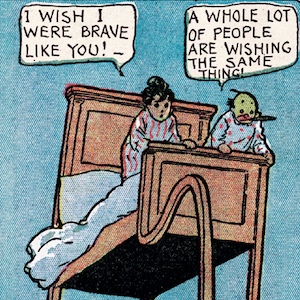North/Central America
Ogé’s Rebellion in An Historical Account of the Black Empire of Hayti
Rainsford’s sympathy for the revolt in Haiti did not seem to extend to the influence of ideas imported from revolutionary France, which appear to have been at the heart of Ogé’s rebellion.
A Divided Elite from An Historical Account of the Black Empire of Hayti
In this excerpt, Rainsford describes the divisive effects of the Declaration of Rights of the Blacks among the various racial/social groupings.
Declaration of the Independence of the Blacks of St. Domingo
This important and revealing document evokes both the contemporary situation in the colonies and the political developments taking place in Paris. It comes from Marcus Rainsford’s supportive account of the Haitian Revolution.
Discontent Spreads from An Historical Account of the Black Empire of Hayti
Rainsford wrote one of the first favorable accounts of the Haitian Revolution. He blamed the colonists for refusing to alter the slave system.
SAINT DOMINGUE: THE FREEDMEN
Born in 1750, Mederic-Louis-Élie Moreau de Saint-Mery grew up in Fort Royal, Martinique as a white Creole and studied law in Paris, France.
Saint Domingue: Some Geography
Born in 1750, Mederic-Louis-Élie Moreau de Saint-Mery grew up in Fort Royal, Martinique as a white Creole and studied law in Paris, France.
Childhood Obesity in the United States
The map, issued by the Center for Disease Control (CDC), shows the percentages of substantially overweight, or obese, low-income children by county and in territories and tribal organizations where Native Americans live. The problem extends to both urban and rural populations.

Little Nemo in Slumberland
A young boy slumbers in his bed, ensconced in a non-descript, middle class bedroom. He is jarred awake to find his bed floating out his window and into space. So begins an episode of Winsor McCay's epic series, Little Nemo in Slumberland, which ran in American newspapers from 1905 until 1914.
Jingle Bells, Batman Smells
This parodic folksong is representative of the "culture"—texts, toys, uses of technology, social practices, and shared meanings—young people create when they selectively incorporate commercial products into their peer activities.

Advertisement for Sale of Newly Arrived Africans
This image is of an advertisement for a nearly equal number of adults and children from Sierra Leone at a Charleston Auction.